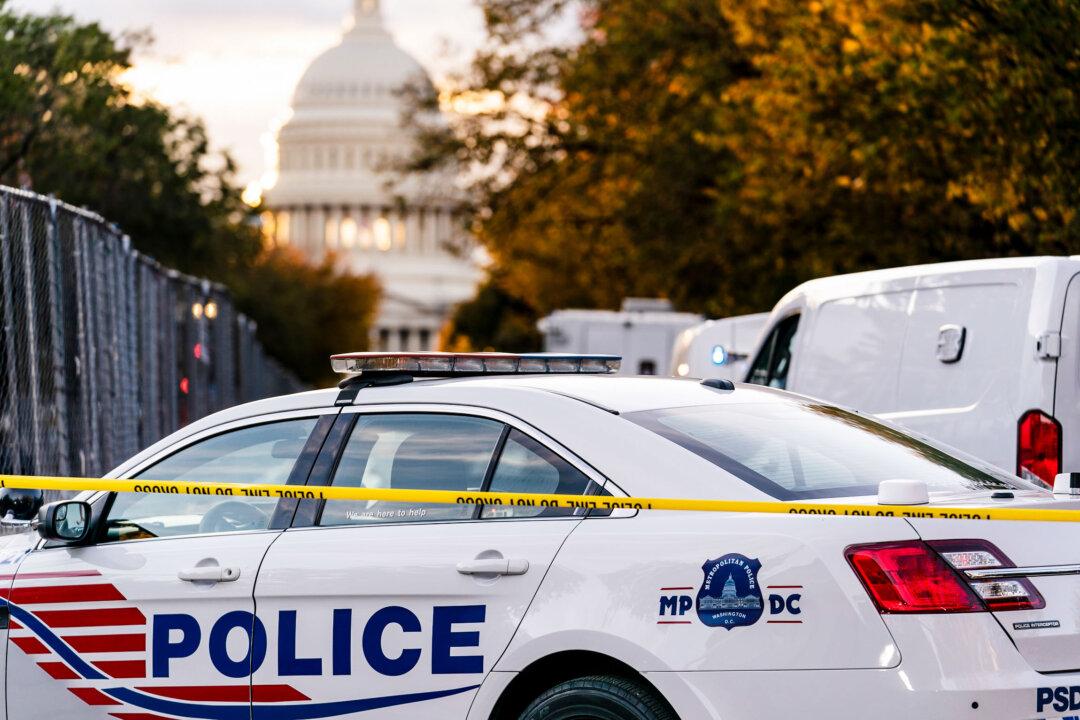A federal judge on Sept. 10 denied an effort by the District of Columbia to dismiss a lawsuit challenging its alleged reliance on sending police officers rather than mental health professionals to respond to many mental health emergencies.
U.S. District Judge Ana Reyes found in her ruling that the plaintiff in the case—a Washington D.C.-based nonprofit supporting underserved communities called Bread for the City—had plausibly argued they are harmed by the city’s practices.




